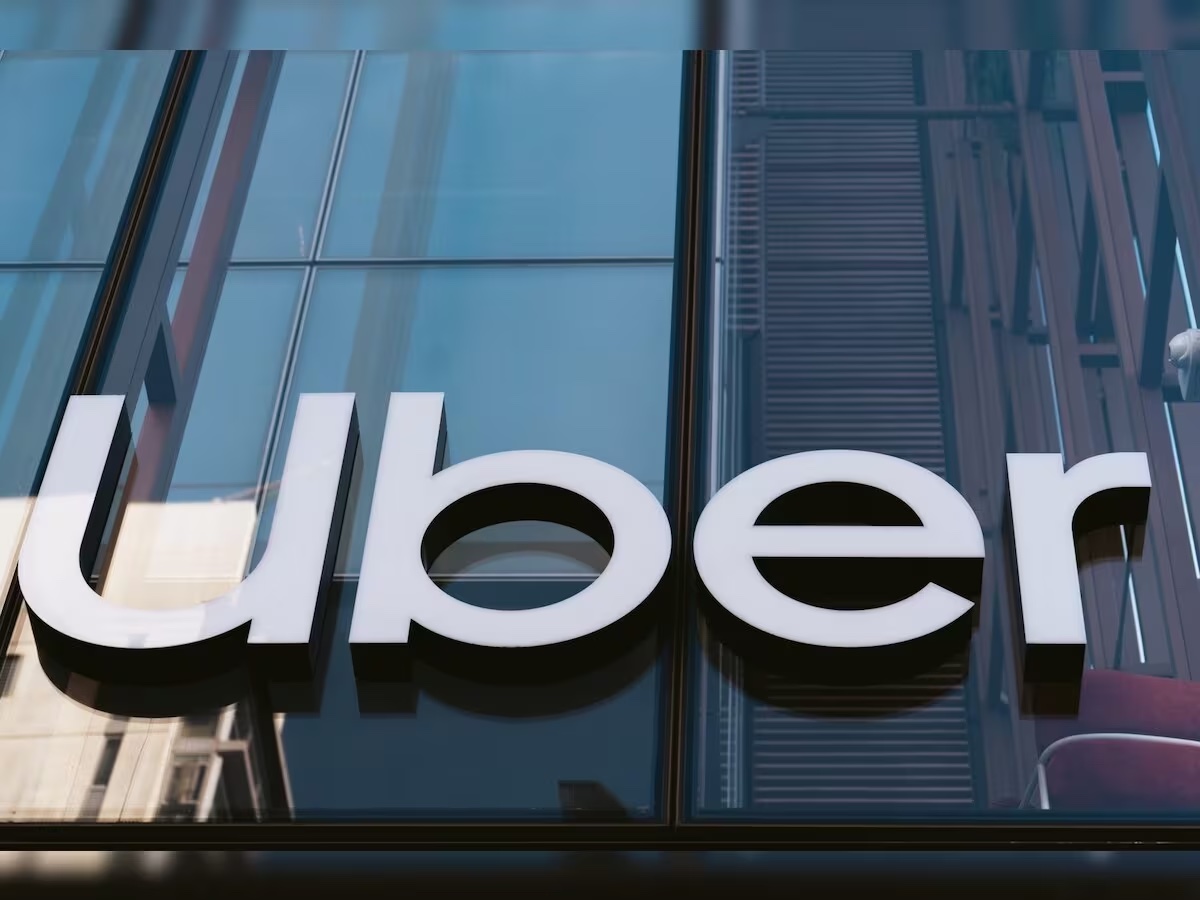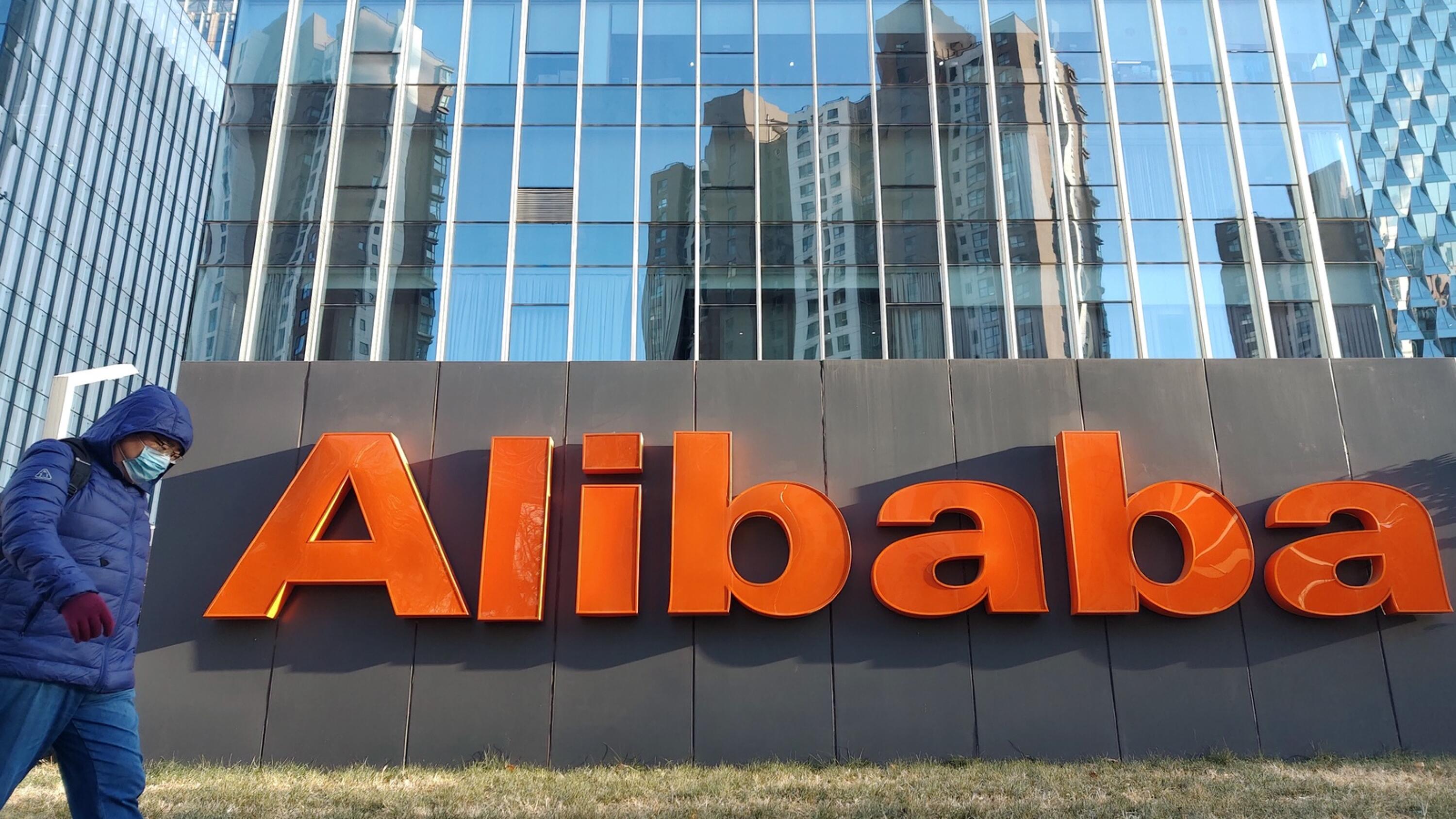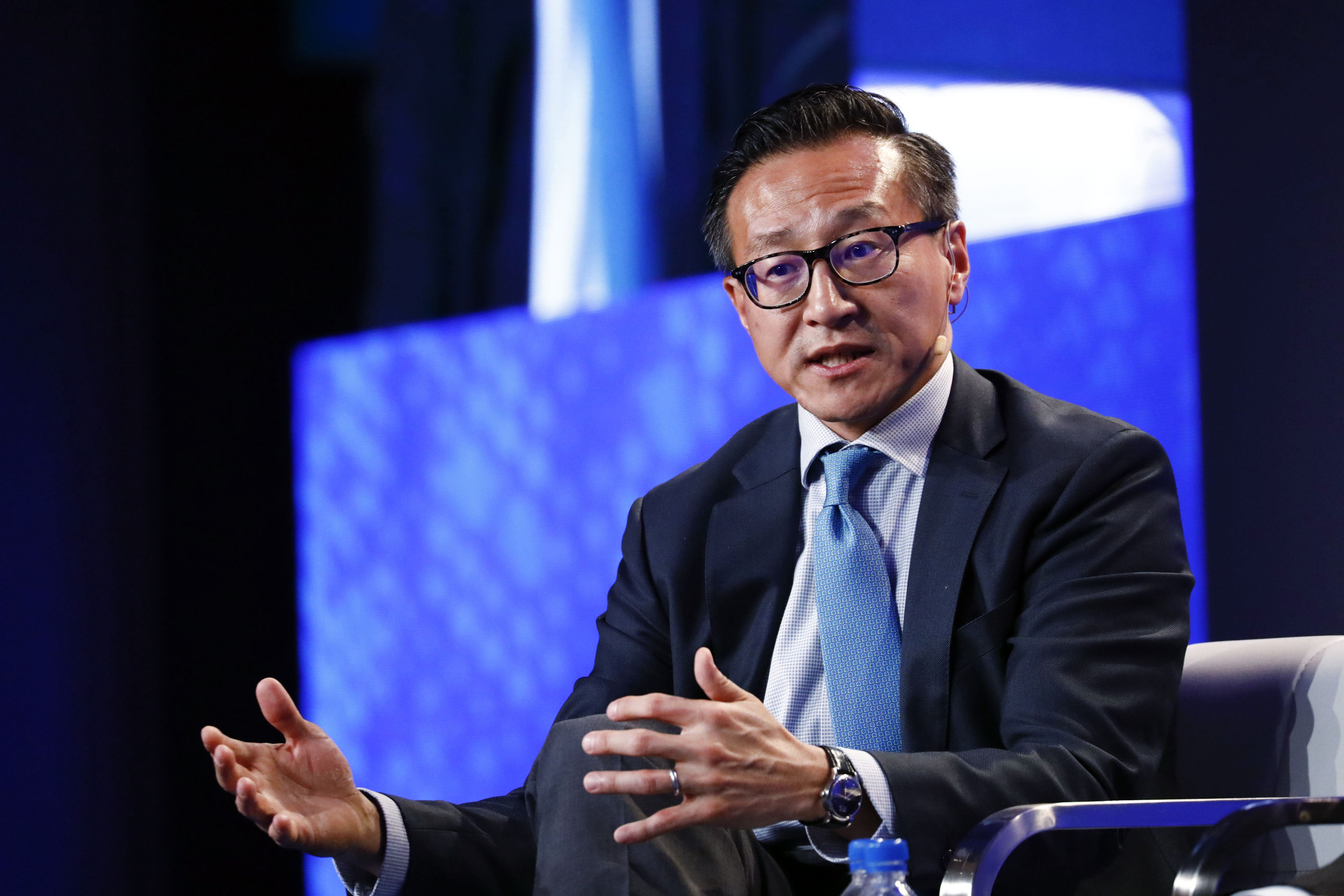Uber's big $7 billion share buyback

Uber has recently hit a record share price, with its value soaring to $161 billion, thanks to finally making a profit. To celebrate, they're buying back $7 billion of their own shares. This isn't just a party, though. It's a clever move to manage the extra shares floating around because of the bonuses they've given to employees, including a hefty one to their CEO, Dara Khosrowshahi. These bonuses increase the number of shares out there, which can dilute the value for other shareholders. By buying back shares, Uber aims to keep their stock value strong and make sure their share count doesn't get too bloated. It's a bit like saying thanks to investors while also keeping the company's finances tidy.
Alibaba makes giant leap into AI with moonshot investment

Alibaba has made headlines with its huge investment in Moonshot AI, marking the largest startup financing round in China. This move highlights Alibaba's confidence in Moonshot AI as a strong contender against the likes of OpenAI and Google's Gemini, with its own AI chatbot, Kimi. Despite facing a tough time due to strict tech regulations and a downturn in its stock value, Alibaba is betting big on AI to potentially revolutionize its operations and streamline supply chains. Meanwhile, as international interest in Chinese tech wanes, Saudi Arabian investors are seizing the opportunity to invest heavily, seeking both financial returns and knowledge sharing. Among these investors is Michael Burry, famous for "The Big Short", who has significantly invested in Alibaba, taking advantage of the relatively low prices of Chinese tech stocks compared to their US counterparts.
Klarna cuts losses as IPO beckons

Klarna, known for its "buy now, pay later" service, is trimming its losses, showing a healthier financial stance ahead of its anticipated IPO in the US. Despite a valuation rollercoaster, dropping from $46 billion in 2021 to $7 billion and now aiming for $20 billion, the company's resilience shines through. Last year, Klarna's revenue jumped by 22%, significantly reducing its net loss by 76%, a timely boost for investor confidence. The company cleverly uses short-term loans to fund customer purchases, a strategy that might become more cost-effective with expected cuts in interest rates. This financial improvement, coupled with a renewed investor interest in the buy-now-pay-later sector, as seen with rival Affirm's stock performance, positions Klarna as a compelling story of comeback and growth in the fintech world.




